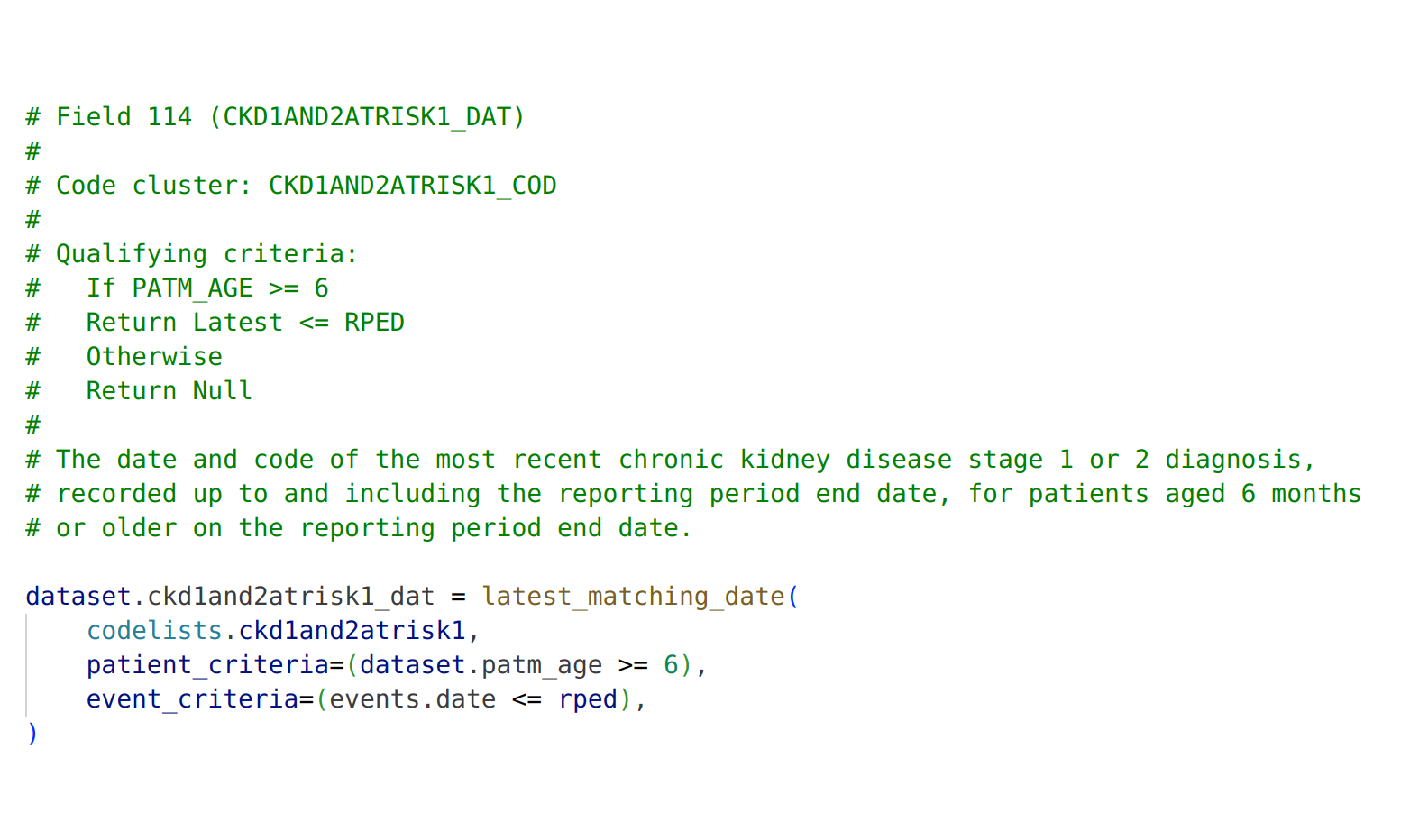
- Posted
- Categories
-
- OpenSAFELY
Updates of OpenSAFELY Research on COVID-19 Therapeutics
In this guest blog, Bang Zheng and Laurie Tomlinson from the London School of Hygiene and Tropical Medicine describe some of their lastest work on the comparative effectiveness and safety of currently recommended COVID-19 therapeutics in the community settings.


















